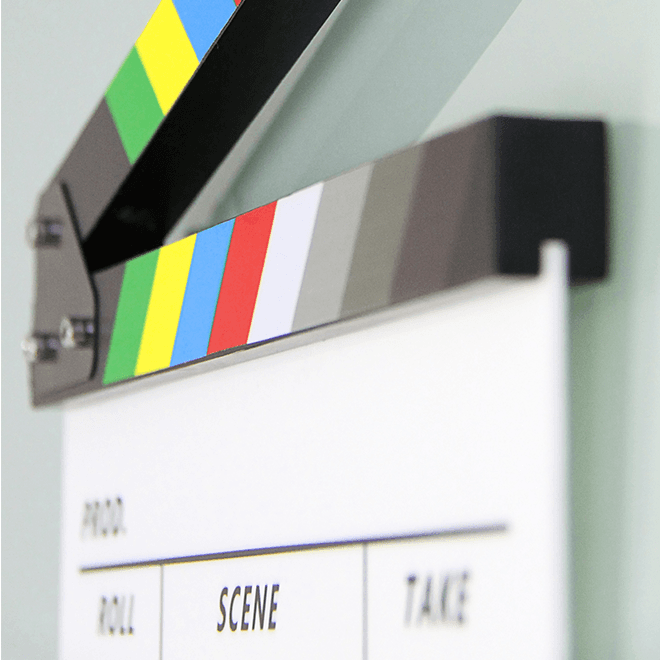Whatever type of radio you make, whether it is talk or music based, it often makes sense to plan out your shows in advance to make sure you are producing the best content possible. The best way to do this is to follow a well structured radio script. Follow these top 5 tips that professional stations use to write scripts. They will keep your listeners engaged and coming back again and again.
5. Choosing the Type of Script

Just like TV and other forms of media, there are many different areas within radio. As a result, there is no set format you have to follow. Ultimately the type of script you write depends on what you need for your show.
For example, if it is a talk radio show it needs topics and structure so it can flow. If you have a 1 hour show then you need to fill the time with interesting content throughout. Pick topics and plan out what you will cover within that timeframe.
4. Set the Scene

Whether you are breaking a news story or telling a joke on your show, you have to remember that your listeners don’t have the same visual aid as opposed to television or online video. Give your listeners enough detail to set the scene.
For example, introduce shows with an “anchor intro”. It quickly sets up your show or a story by putting it into context without going into detail or giving too much away. Listeners know what to expect and are engaged to continue listening.
3. Write Your Script Like it's Going to be Spoken Aloud

Reading from a script can sometimes make you sound a bit unnatural and you can come off stiff and robotic. That’s a big mistake. A script should sound natural when reading aloud. It’s often fatal to write too formally as it results in an unnatural sounding and boring show.
Write out scripts and read them aloud. If it does not flow or sound natural then try using cliff notes instead of reading word for word.
2. Keep it Simple

When you write a script try and keep it as simple as possible. Adopt the KIIS method, which stands for “Keep It Simple, Stupid”. It basically means do not add unnecessary words to sentences that will not add to what you are trying to say.
Radio shows are at their best when they sound natural. Whether they are fully scripted or not. Ensure your grammar is concise and succinct, as it will allow you to improvise and expand on what you have written.
1. Mix Things Up

The great thing about broadcasting your own radio show is that you can experiment, see what works and what does not. Mix things up a little! Try changing your show’s run-time or it's format. For example, you could feature an artist in an hourly slot playing their back catalogue of music.
Radio stations do this. Playing hits from bands or certain decade like the 60’s or 70’s, there are even entire stations devoted to decade music like Absolute 80’s or Heart 80’s. The point is you should try mixing up your shows to give it some flavour. Add different segments or have interesting guests on board to really make it fun to engage with your listeners.


